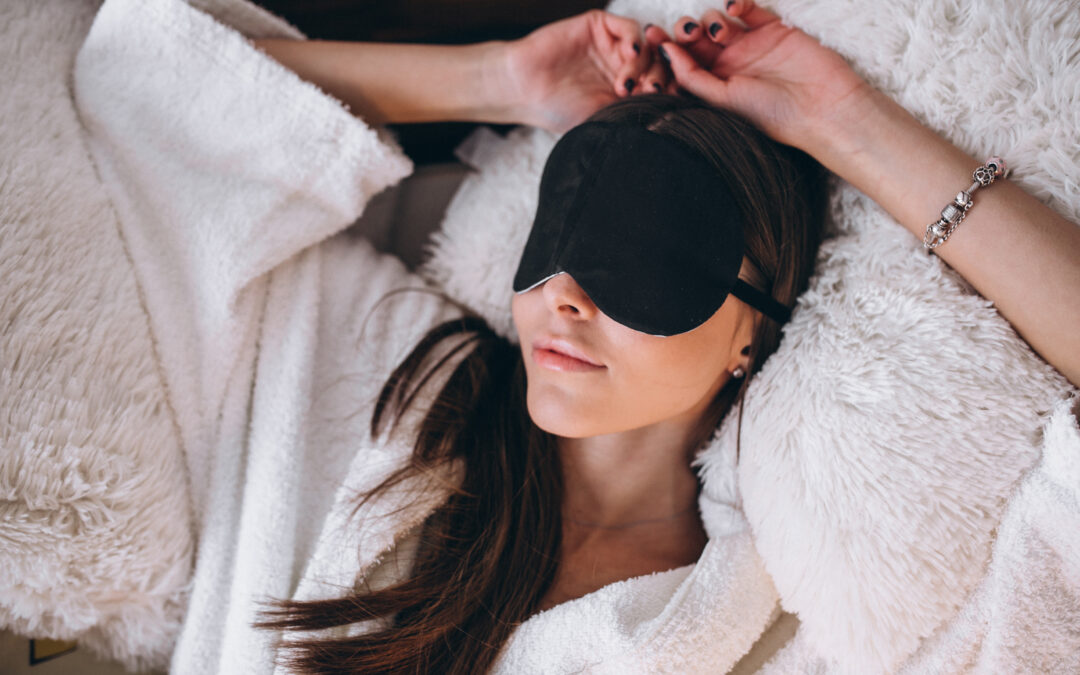If you suffer from bipolar disorder, there’s a good chance that it has had a negative effect on your sleep patterns. Whether it’s insomnia or irregular sleep, experts believe that there is a strong relationship between bipolar disorder and circadian disturbances. Luckily, there are a number of things you can do to ensure better sleep.
The Relationship Between Bipolar Disorder and Sleep
Bipolar disorder has been linked to a number of sleep disorders. If you have bipolar disorder, there are many ways that the condition can affect your sleep, many of which are minor and some of which are more troublesome.
Insomnia is a common condition for people with a number of mental health disorders, including bipolar disorder. This may make it difficult for you to fall or stay asleep, or it may lead to you getting too little sleep. Irregular sleep is also a common occurrence among people with bipolar disorder, and it can make it more difficult to manage a person’s bipolar condition.
Another sleep disorder associated with mental health disorders is delayed sleep phase syndrome. This condition is a disturbance of the body’s circadian rhythms, which makes it hard for the person to get sufficiently restful sleep. This condition is most often found in adolescents.
Strategies for Better Sleep
If you suffer from both bipolar disorder and sleep disturbances, you may find that each of these conditions makes the other one more difficult to control. Therefore, getting your sleep hygiene under control is essential.
Here a few helpful tips for achieving better sleep:
- Go to bed and wake up at the same time every day.
- Don’t eat heavy meals or drink caffeine before bed
- Don’t look at screens before bed
- Avoid naps that take longer than 40 minutes
- Make sure your bedroom is quiet, dark, and comfortable
- Only use your bedroom for sleep
![]()
Contact Ketamine Greater Boston
If you are one of the millions of people who suffer from bipolar disorder, ketamine treatment might be a great option for you. Ketamine is a safe and effective therapy that has been shown to offer relief to people with bipolar, including those who have been resistant to other treatments. At Ketamine Greater Boston, we’re here to help. If you’d like to schedule your ketamine treatment or if you’re interested in finding out more, fill out the form below and someone will contact you shortly.


Recent Comments